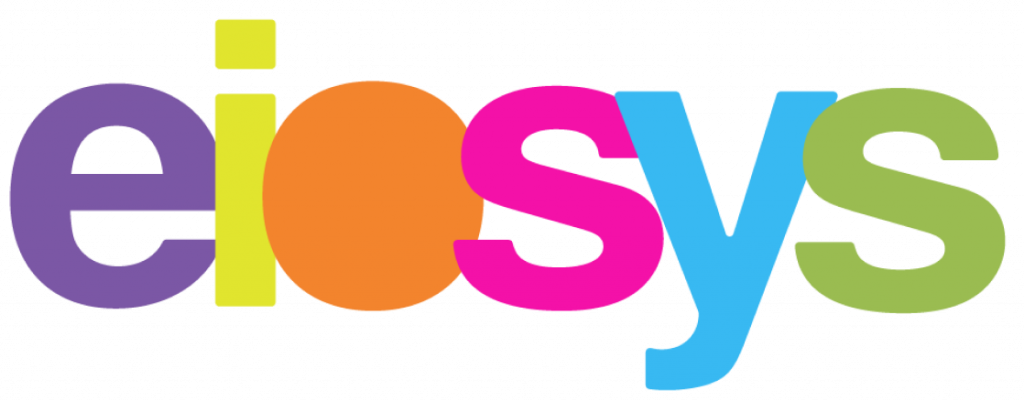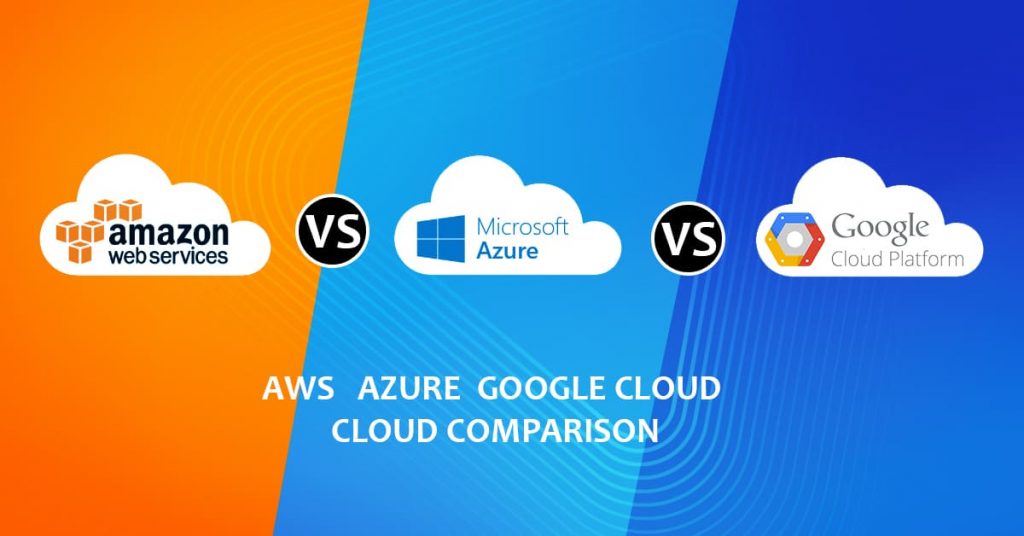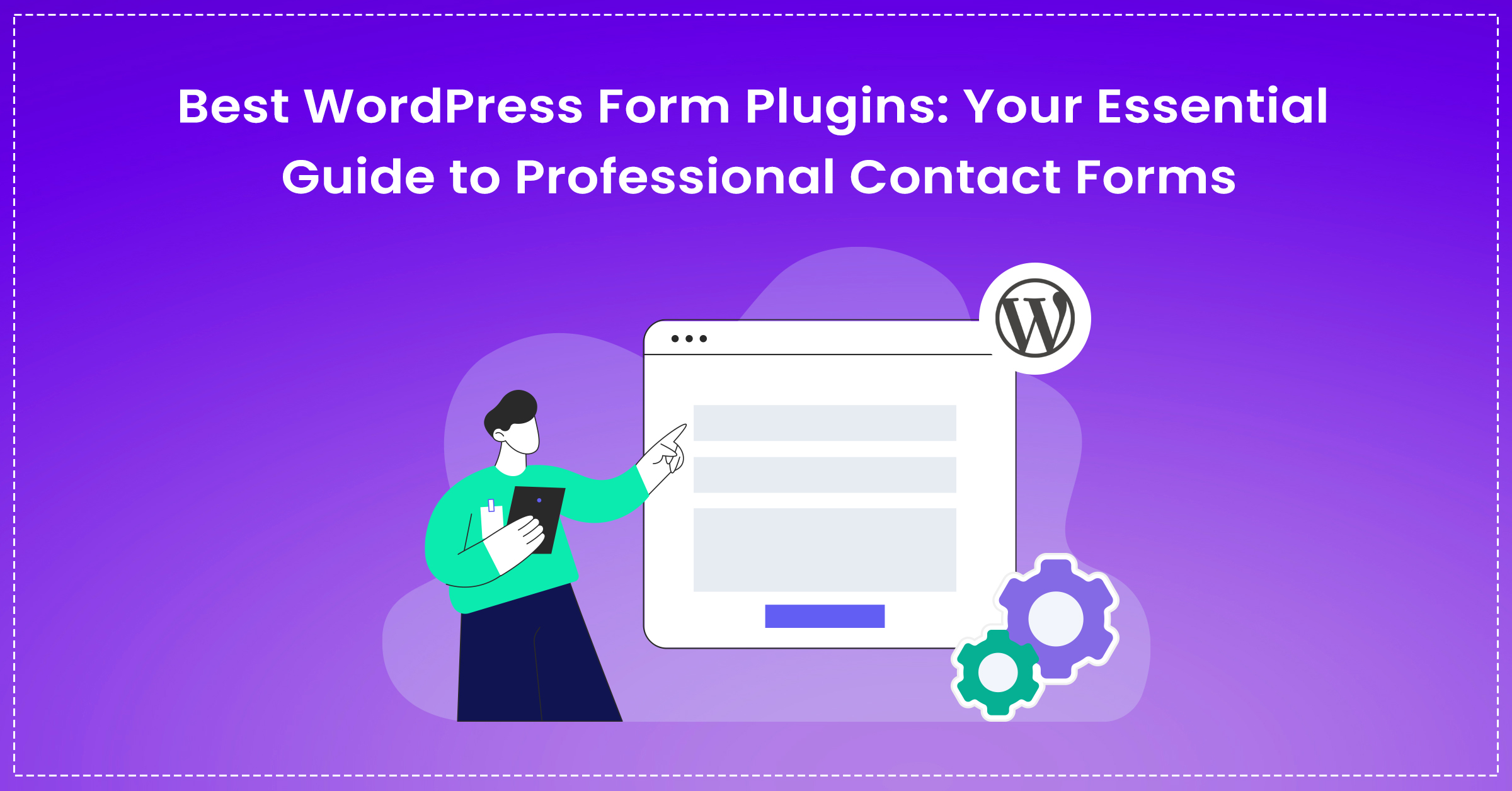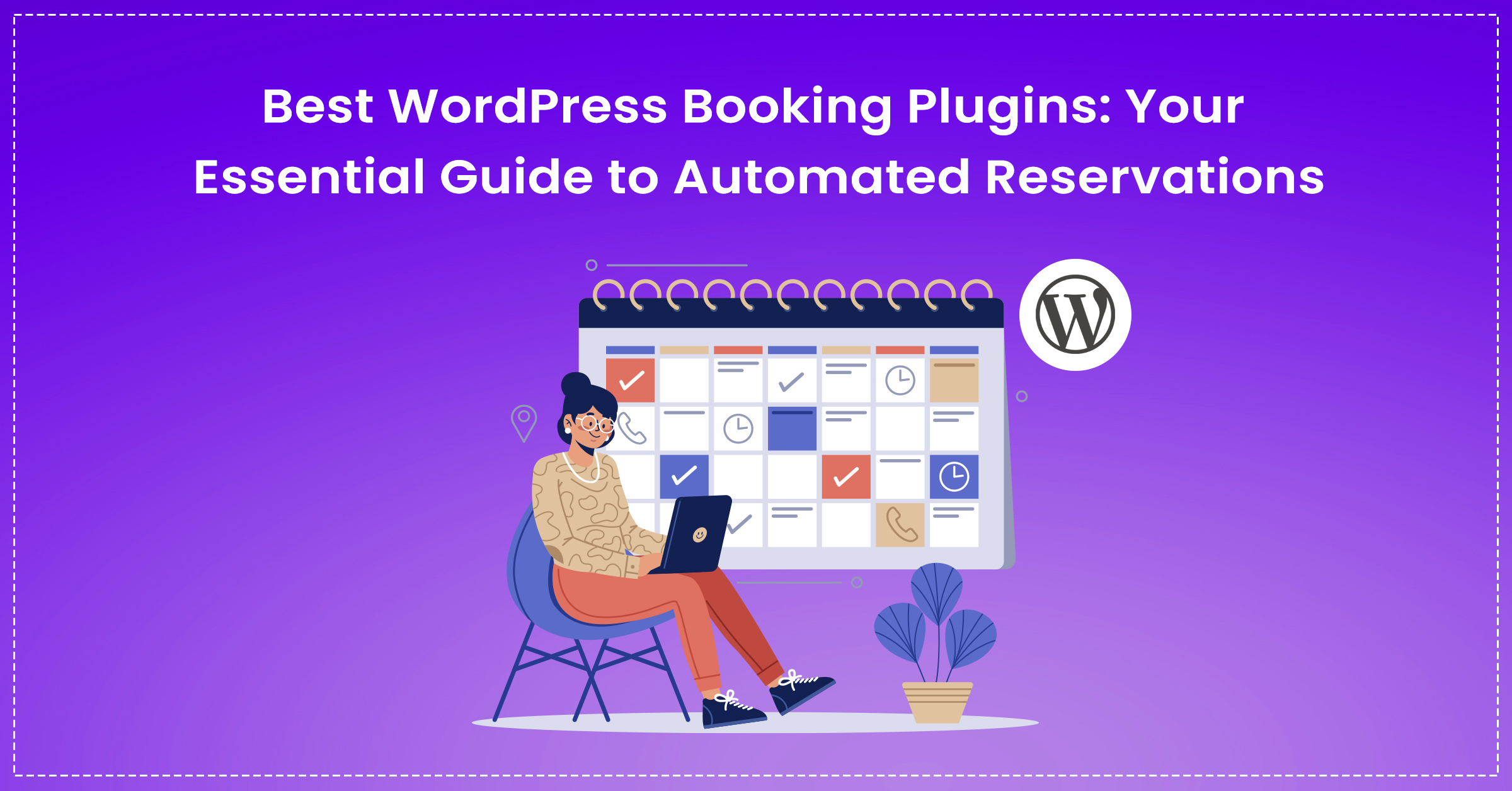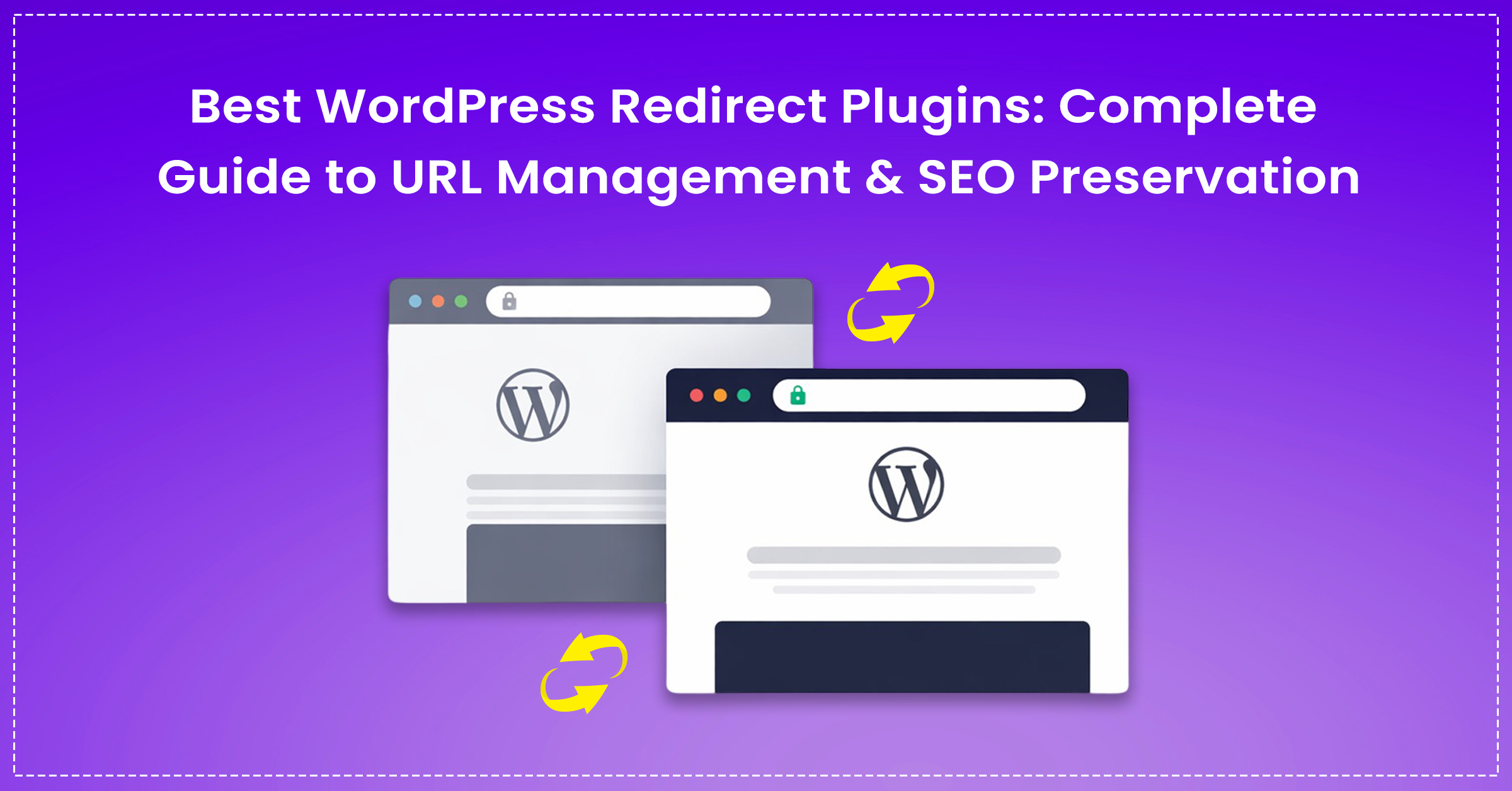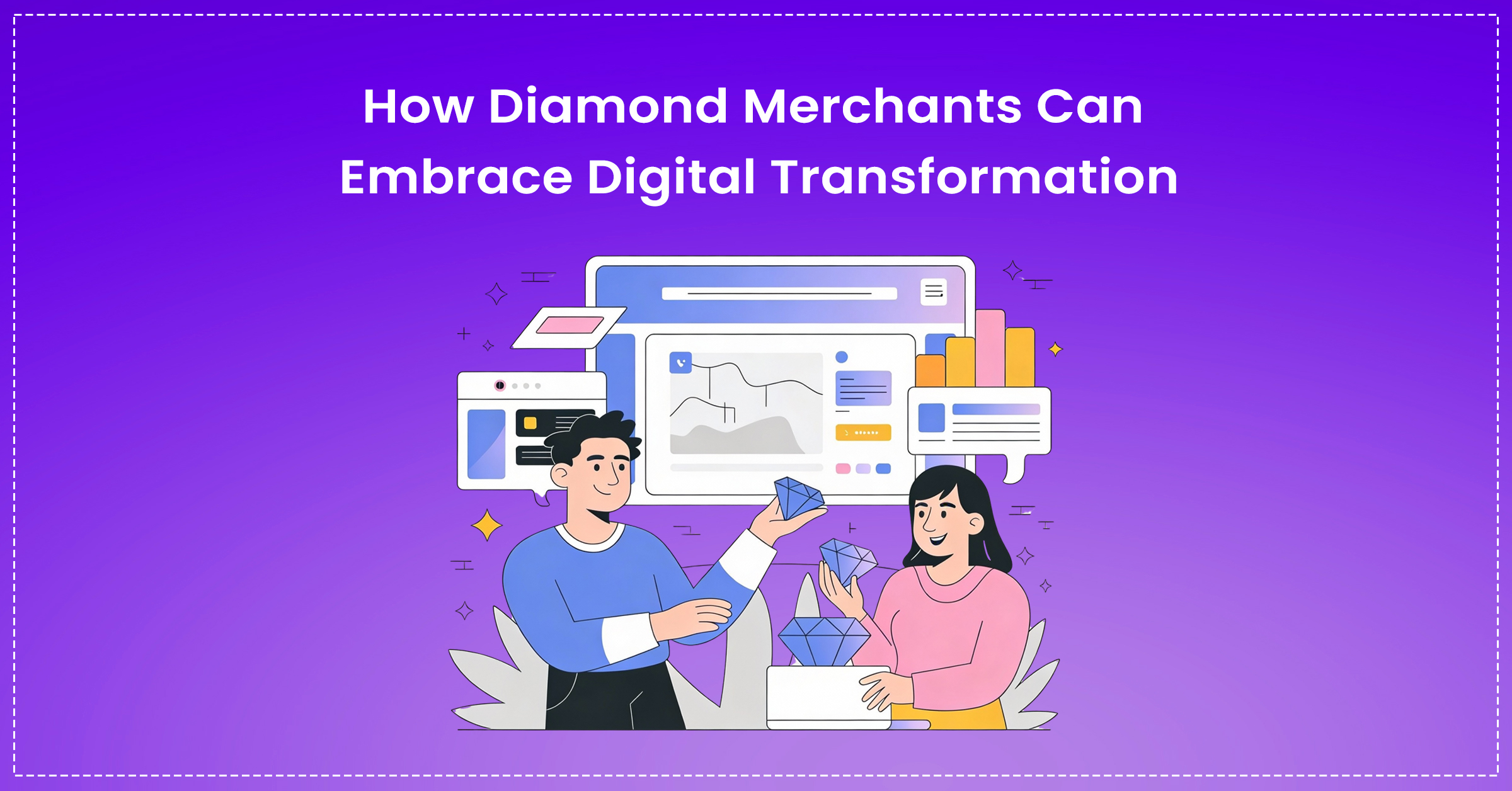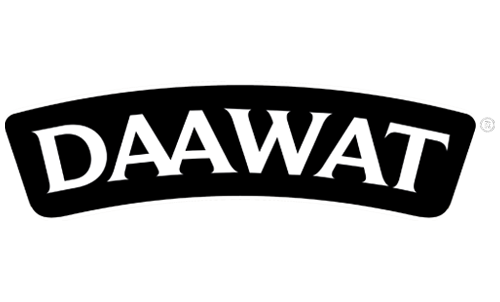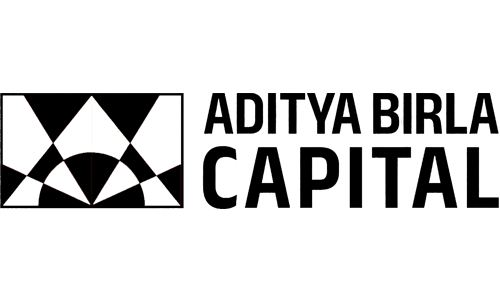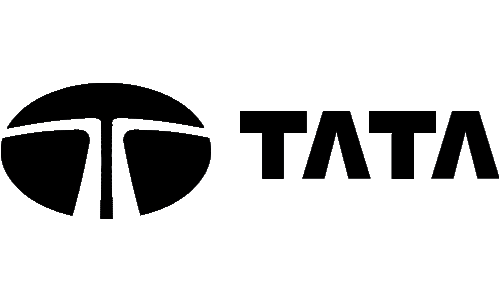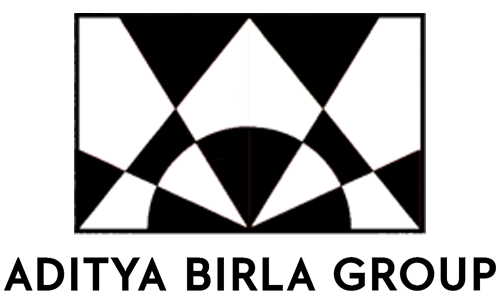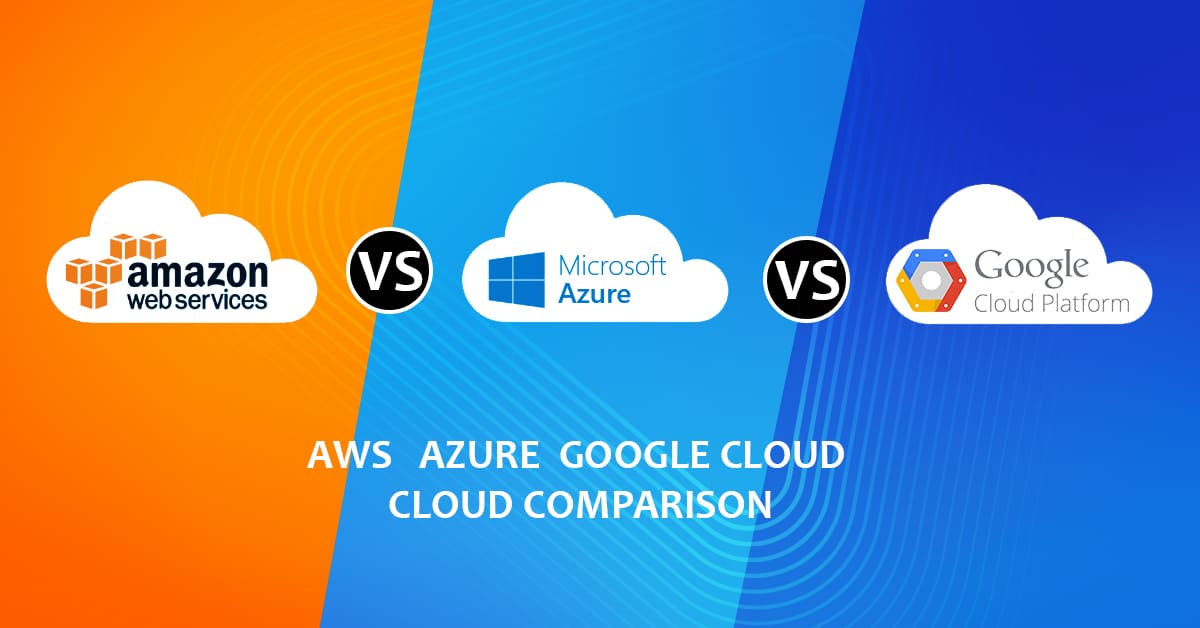
Cloud computing has taken the market by storm and for good reasons too. Companies now don’t have to waste money and time buying and maintaining their own servers and instead can directly use the ready-made professional infrastructure provided by cloud service providers. While there are many companies fighting to gain dominance in the public and enterprise cloud sector, three companies: Amazon Web Services (AWS), Microsoft Azure and Google Cloud Platform (GCP) hold the commanding position both for Infrastructure as a service (IaaS) and platform as a service (PaaS). Brief Description about AWS, Microsoft Azure and Google Cloud Platform
Chapter 1: About
A. AWS Strengths: AWS has been the leader in cloud IaaS based on market share for the past decade. Thus market dominance is its biggest strength. The reason for this huge popularity is due to its massive scope of operations. With an extensive and mature catalogue of available services and a huge comprehensive network of data centers worldwide, it has become the favorite for enterprise users due to its capabilities for governing a large number of users and resources. Weakness: The biggest weakness of Amazon is its cost structure which not only is difficult to understand but difficult to manage too when dealing with huge chunks of data. Also the number of services available can be overwhelming to some customers who then become skeptical of it. B. Microsoft Azure Strengths: Microsoft wasn’t an early player in the cloud computing sector but it did a lot of things correctly to establish itself as a dominant player. By repurposing it’s on premises software already a standard in the industry like Windows Server, Office, SQl Server, Sharepoint, Dynamics Active Directory, .NET etc. it gave itself a big jumpstart. The integration of Azure with industry standard tools also by Microsoft meant that enterprise users naturally opted for Azure as their platform of choice to keep things familiar and under one ecosystem. Special discounts and offers for existing enterprise users also attracted many customers. Weakness: Though Azure is an enterprise ready platform, Gartner Client reported that its service felt less enterprise ready than their expectations. Issues with technical support, improper documentation, training and breadth of the ISV partner ecosystem leaves room for much more improvement. C. Google Cloud Platform Strengths: The name itself says much for Google Cloud Platform. It is designed for the cloud native businesses. Not only it specializes in high compute offerings like Big Data, Analytics and machine learning, it also offers considerable scale and load balancing. Google knows how data centers work and how to increase the response time. Businesses which compete with the eCommerce giant Amazon tend to prefer google as it is more open source centric and Dev-Ops centric. An interesting fact to note here is that the kubernetes standard that AWS and Azure use was developed by Google. Weakness: Google was fairly late in the market when AWS and Azure were already dominating. Compared to AWS and Azure it doesn’t provide that many services and also doesn’t have as many data centers like its competitors. It is often chosen by businesses as a secondary provider rather than a strategic provider.
Chapter 2: Compute
AWS: The flagship compute service of AWS is Elastic Compute cloud aka EC2. It provides secure, resizable compute capacity in the cloud. Support for both Windows and Linux, bare metal and huge variety of instances, GPU instances, high performance computing, auto scaling and much more makes it an ideal choice for a lot of businesses. It also provides a free tier of EC2 which includes 750hrs/month for up to 12 months. Amazon’s container services with its multiple options to choose from has garnered a lot of popularity. Support for Docker, Kubernetes & its in-house Fargate service automates server and cluster management. It also offers a virtual private cloud called LightSail, Elastic Beanstalk for running and scaling web apps and much more. Azure: Microsoft’s compute services are called Virtual machines. With an extremely large catalogue of instances like AWS it boasts support for Linux, Windows Server, SQl, Oracle, IBM, SAP with enhanced security, hybrid cloud capabilities and integrated support for Microsoft software. Like AWS it also provides a free tier with 750hrs/month for a year. The auto scaling services of Azure are called Virtual Machine Scale Sets. It has 2 container services: One based on Kubernetes and other uses Docker Hub and Azure Container Registry for management. It also has a batch service, cloud service for scalable web apps etc. One special offering that Azure provides is called Service Fabric which is specifically designed for applications with micro services architecture. Google Cloud Platform: Its primary service is called Compute Engine which boasts both custom and pre-defined machine types, per second billing, Linux and Windows support, automatic discounts etc. It also has a carbon-neutral infrastructure which uses almost half the energy consumption compared to other data centers. It also has a free offering of f1-micro instance/month for a year. Google iWeakness:s a pioneer in the Kubernetes project and offers a Kubernetes engine for organizations interested in deploying containers.Chapter 3: Storage
AWS: AWS offers a number of storage services which include its Simple Storage Service (S3) for object storage, EBS or Elastic Block Storage (EBS) for persistent block storage for use with EC2 and EFS or Elastic File System for file storage. It also has products like Storage gateway, a hybrid storage environment and Snowball a physical hardware device to transfer petabytes of data in the absence of internet transfer. When it comes to Database, AWS has an AQL compatible database called Aurora, Relational Database Service (RDS), DynamoDB NoSQL database, ElastiCache in-memory data store, RedShift data warehouse, Neptune graph database and a Database migration service. Amazon’s Glacier offers long term storage archival at very low rates. This Storage gateway can be used easily to set up backup and archive processes. AZURE: Basic features include Blob Storage for REST based object storage of unstructured data, Queue Storage for large volume workloads, File Storage and Disk Storage. It also has a Data Lake Store, which is useful for big data applications. Azure has an extensive database catalogue. It has 3 SQL based options: SQL Database, Database for SQL and Database for PostgreSQL. It also has a Data Warehouse Service as well as Cosmo DB and Table Storage for NoSQL. The Server Stretch Database is its hybrid storage service which is designed specifically for organizations that use Microsoft SQL server in their own data centers. It also offers an actual backup service as well as archival ad site recovery options. Google Cloud Platform: It has a smaller catalogue of storage services. Cloud storage is its unified object storage service and it also has a persistent disk option. It also has transfer options. It has a SQL based cloud SQL and relational database called Cloud Spanner which is designed specifically for mission critical workloads. Weakness:It also has 2 NoSQL options: Cloud Bigtable and Cloud Datastore. It doesn’t have any backup or archival services like Azure.Chapter 4: Cloud Tools
AWS: Sagemaker service for training and deploying machine learning models, the LEX conversational interface which also powers the alexa services, Greengrass IOT messaging service and Lambda server less computing service. Apart from that it has many AI-oriented services too. DeepLens, an AI powered camera for developing and deploying machine learning algorithms to be used with things like optical character recognition, image recognition, object recognition etc. AWS has also announced project Gluon, an open source deep learning library aimed to make it easy for developers and non-developers to build and; train neural networks quickly without having to know about AI programming. Azure: It provides cognitive services like Bing Web Search API, text analytics API, face API, computer vision API, custom vision service etc. It also provides many several management and analytics services. The top tools of Azure are target to support on-site Microsoft software. For ex: Visual Studio Team services hosts visual studio projects on Azure and Windows Server backup in Windows Server 2012 R2 and Windows Server 2016. Google Cloud Platform: A market leader in this sector thanks to its open source software library for building machine learning operations: Tensor Flow, the AI tools of Google are not only popular but also well regarded. AWS has recently also added support for TensorFlow. Weakness:Though still in beta versions, Google Cloud Platform has strong offering in regards to API for natural language, speech translation, IOT and much more.Chapter 5: So What to Choose?
While AWS is the choice for most businesses due to its sheer number of tools and services, it is difficult to have a personal bond if you are a small business owner. AWS has recurring intense training programs and conferences around the year for its partners and consultants and hence they have a wide network of partners and consultants in the world. AWS is the go-to choice of several startups and enterprises. If you already heavily indulged in Microsoft’s software, then it is best to go with Azure. All your apps will be fully compatible and will be able to use enhanced and new features almost instantaneously. Microsoft Azure is the sweetheart of banking, financial companies, NBFCs and BFSIs. Google Cloud Platform: It has something for everyone. It is for those people who are looking for options outside Azure and AWS. Being late in the market and an underdog, it sure had a slow start but has caught up pretty quickly. If you looked at Google’s services a year back and were unimpressed, then you surely will be impressed this time around. We specialize in the implementation of custom cloud solutions. You can get in touch with us to understand how we can assist you in your project.
| Revenues | AWS | AZURE | GOOGLE CLOUD |
|---|---|---|---|
| Q4 2017 | $5 billion | $2.1 billion | $1.2 billion |
| Q4 2018 | $7.3 billion | $3.3 billion | $1.1 billion |
| Q4 2019 | $9.8 billion | $5.3 billion | $1.8 billion |
| Q4 2020 | $12.74 billion | Not disclosed | $3.83 billion |
| Q4 2021 | $13.5 billion | $17.7 billion (Consolidated) | $4.05 billion |
| Market Share | AWS | AZURE | GOOGLE CLOUD |
|---|---|---|---|
| Q1 2022 | 33% | 22% | 10% |

